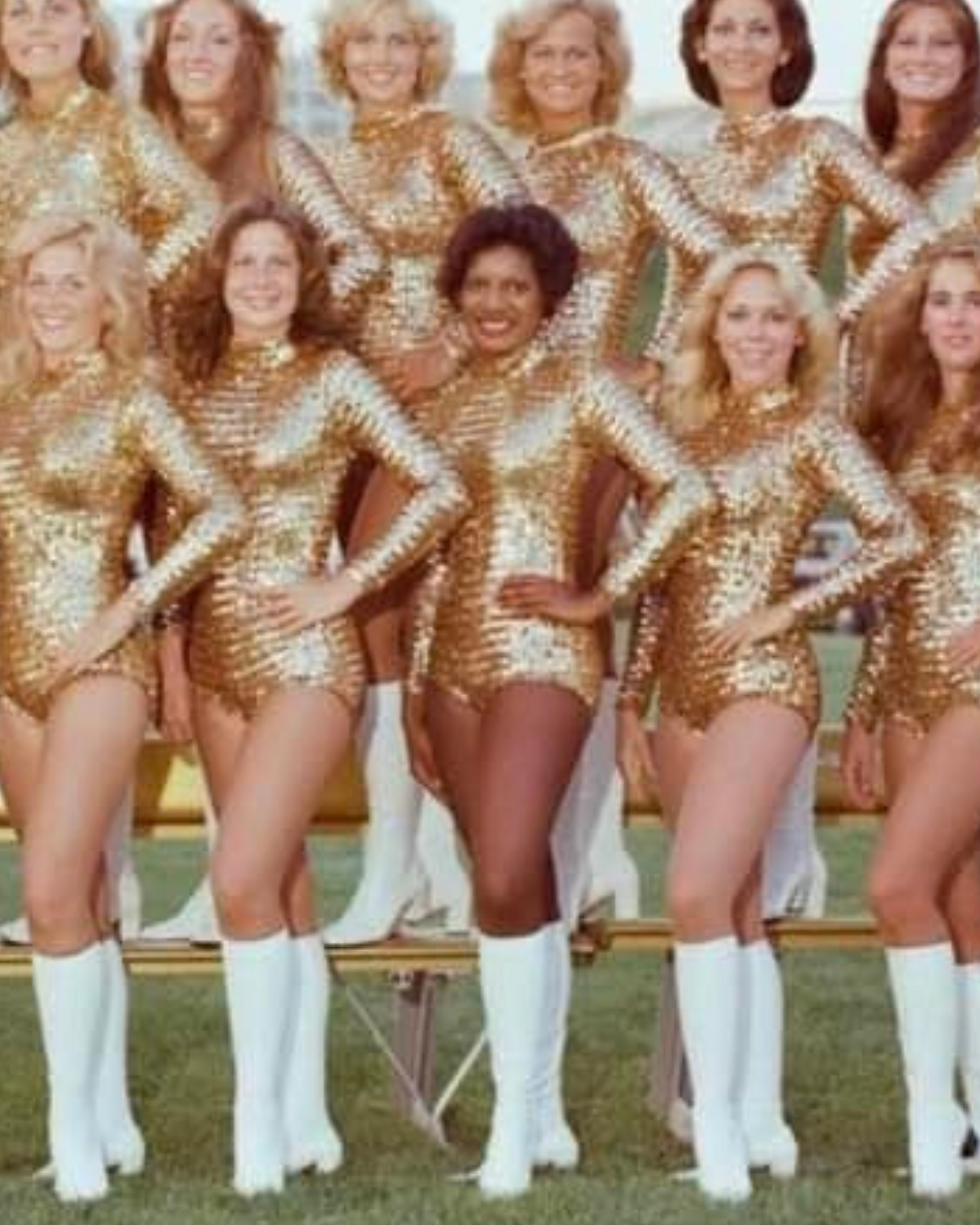Honoring Black History in Marching Mizzou
- m2alumniband
- Feb 6, 2025
- 3 min read
As we celebrate Black History Month, we take a moment to recognize and honor the incredible Black alumni of Marching Mizzou who have left a lasting impact on the band and the University. These individuals were not only talented musicians and performers but also pioneers and leaders who helped shape the legacy of Marching Mizzou.
Trailblazing Leaders in Marching Mizzou
Throughout the years, several Black musicians and performers have paved the way for future generations in Marching Mizzou. Among them is Michael Montgomery, who made history as the first Black Drum Major from 1976 to 1979. His leadership on and off the field set a powerful example for those who followed.

Al Anderson continued this legacy, serving as Assistant Drum Major in 1984 before taking on the role of Head Drum Major from 1985 to 1987. Alongside him, Suzanne Palmer served as Assistant Drum Major from 1985 to 1986, further proving the strength and talent of Black leaders within the band.

The Origin of the “MIZ-ZOU” Cheer
Few traditions at Mizzou are as iconic as the “MIZ-ZOU” chant, a rallying cry that unites Tigers fans everywhere. Many alumni recall that Cedric Lemme, a talented saxophonist in Marching Mizzou, was the one who started the chant at an Ohio State game in the mid-70s. His contribution to the Mizzou spirit is a testament to the power of student-led traditions that stand the test of time.

Excellence in Auxiliary and Dance
In addition to leadership roles, our Black auxiliary performers have played a vital role in shaping the visual and artistic excellence of Marching Mizzou.
Warren Bass, a featured baton twirler in the early 1960s, showcased his exceptional skill and showmanship, dazzling audiences with his performances. At a time when representation was limited, his presence in such a high-profile role was a significant milestone. Band members from that era shared with us that they found Warren at Band Day, and Emmons got him a scholarship and he joined Marching Mizzou the next fall. (Another great reminder of how powerful these high school events are for the future of Marching Mizzou and the University of Missouri!)

Similarly, Linda Ware broke barriers as one of the first Black Golden Girls at Mizzou in the mid 1970s. The Golden Girls, known for their energetic and precise dance routines, are a beloved part of Marching Mizzou, and Ware’s presence in this elite group was an inspiration for future generations of dancers and performers.

Celebrating a Lasting Legacy
The contributions of these Black alumni have not only enriched Marching Mizzou but have also left a lasting impact on Mizzou’s culture as a whole. Their leadership, talent, and trailblazing spirit paved the way for greater diversity and inclusion within the band and the broader university community.
This Black History Month, we honor these individuals and encourage all alumni and current members to share their stories. By remembering and celebrating these pioneers, we continue to uplift the voices and achievements of those who helped shape Marching Mizzou into what it is today.
Do you have memories or stories about these alumni? Join the conversation and share your experiences to help keep their legacy alive!




Comments